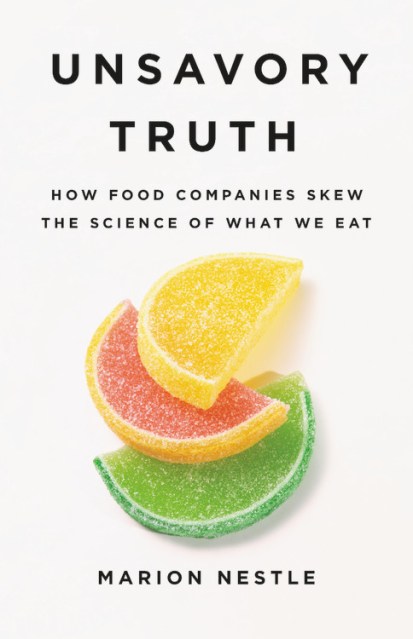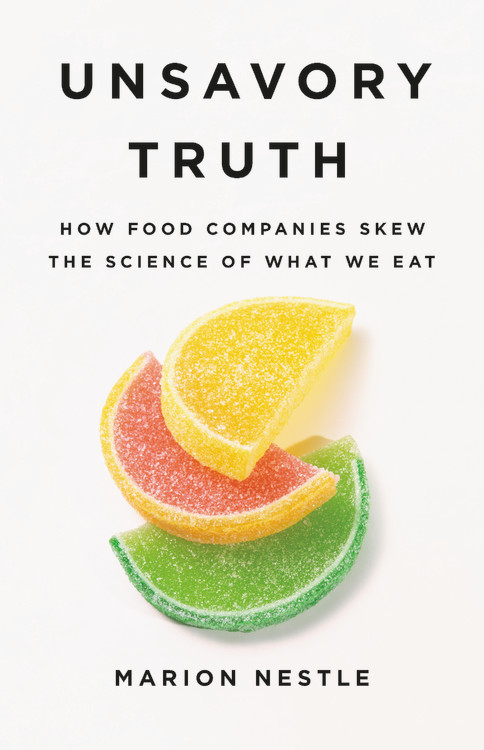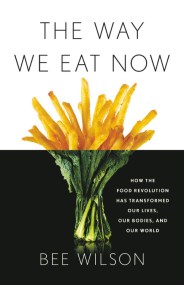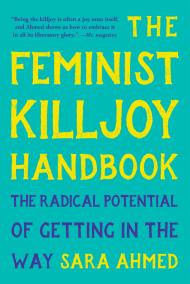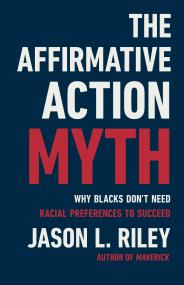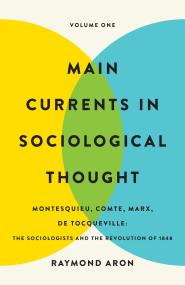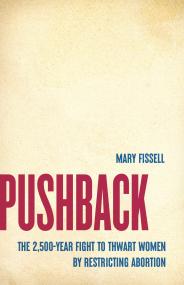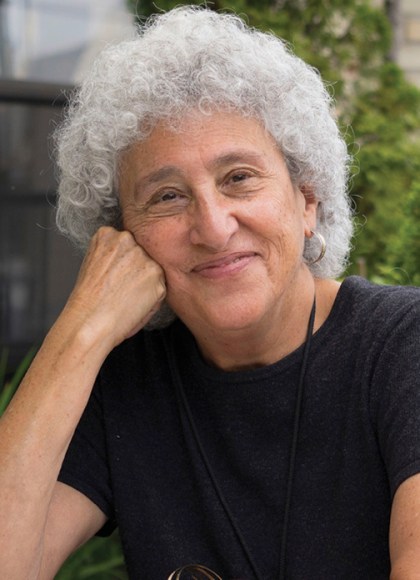By clicking “Accept,” you agree to the use of cookies and similar technologies on your device as set forth in our Cookie Policy and our Privacy Policy. Please note that certain cookies are essential for this website to function properly and do not require user consent to be deployed.
Unsavory Truth
How Food Companies Skew the Science of What We Eat
Contributors
Formats and Prices
- On Sale
- Oct 30, 2018
- Page Count
- 320 pages
- Publisher
- Basic Books
- ISBN-13
- 9781541697119
Price
$30.00Price
$40.00 CADFormat
Format:
- Hardcover $30.00 $40.00 CAD
- ebook $17.99 $21.99 CAD
- Audiobook Download (Unabridged)
This item is a preorder. Your payment method will be charged immediately, and the product is expected to ship on or around October 30, 2018. This date is subject to change due to shipping delays beyond our control.
Buy from Other Retailers:
Is chocolate heart-healthy? Does yogurt prevent type 2 diabetes? Do pomegranates help cheat death? News accounts bombard us with such amazing claims, report them as science, and influence what we eat. Yet, as Marion Nestle explains, these studies are more about marketing than science; they are often paid for by companies that sell those foods. Whether it’s a Coca-Cola-backed study hailing light exercise as a calorie neutralizer, or blueberry-sponsored investigators proclaiming that this fruit prevents erectile dysfunction, every corner of the food industry knows how to turn conflicted research into big profit. As Nestle argues, it’s time to put public health first. Written with unmatched rigor and insight, Unsavory Truth reveals how the food industry manipulates nutrition science — and suggests what we can do about it.
-
One of Nature's Best Science Books of the Year (2018)
-
"In her latest book, Unsavory Truth, Nestle levels a withering fusillade of criticism against food and beverage companies that use questionable science and marketing to push their own agendas about what should end up on our dinner tables...There is indeed something rotten in the state of dietary science, but books like this show us that we consumers also hold a great deal of power."Science
-
"A remorseless dissection of the corruption of science by industry."Nature
-
"The links and conflicts of interest between the food industry and the world of nutrition professionals are, in Nestle's telling, perhaps even wilder and more egregiously tangled."New York Magazine, The Cut
-
"Nestle writes in simple and informative language, diving into history, university politics, and failed government policies to improve people's health."Vice, Tonic
-
"Through her investigation into how money flows from companies and trade groups to labs, [Nestle] shows how pervasive the problem is--and why it's distorting how we think about health."Vox
-
"Unsavory Truth is fascinating, and wherever you fall on the spectrum of worrying about food industry conflicts, a worthwhile read."Weighty Matters
-
"Nestle reveals not only how the food industry manipulates nutrition science, but how readers can reclaim their health from these marketing schemes."Foodtank
-
"Nestle delivers a groundbreaking look at how food corporations influence nutrition research and public policy...General and specialist readers alike will appreciate this important message for consumers."Publishers Weekly
-
"Nestle proves yet again that she is a unique, valuable voice for engaged food consumers."Kirkus
-
"This well documented, accessible venture makes a compelling argument."Booklist
-
"Marion Nestle is a national treasure. She has the courage to take on multinational corporations and the wisdom to separate the facts from the spin. If you care about our food system and the health of your family, Unsavory Truth is essential reading."Eric Schlosser, author of Fast Food Nation
-
"In clear, concise language, Marion Nestle details the many ways our ideas about what to eat are being manipulated by Big Food. If you want to make better choices, read this book."Ruth Reichl, former editor of Gourmet Magazine
-
"Marion Nestle is a tireless warrior for public health, and her meticulous research and irrefutable arguments are desperately needed right now. This book, as frightening as it is, compels us to discover where true health begins: nutrition starts in the ground, with real food that is sustainably grown, eaten in season, and alive."Alice Waters, founder, owner, and executive chef of Chez Panisse
-
"What happens when one of the country's great nutrition investigators follows the money in food and science? You get this riveting, provocatively-written book, which deftly explores how the processed food industry has deepened our dependence on its products by sponsoring and manipulating food research for decades. This book should be read by anyone who has been seduced by the words, 'New study shows...'--which is all of us."Michael Moss, author of Salt Sugar Fat
-
"Marion Nestle has been a guiding light for sanity, credibility, and justice in food and nutrition for decades; she stands alone in her field. In Unsavory Truth, she exposes the awful deceptions practiced on eaters by manipulative food companies using 'scientific research' to try to make themselves look good."Mark Bittman, author of How to Cook Everything
-
"Marion Nestle is a truth-teller in a world awash with nutrition lies of one kind and another. In this scintillating and eye-opening book, Nestle reveals how much of our confusion about food in modern times has been spread by the food industry itself, which passes off marketing as science and funds 'research' designed to show that its products are harmless. Unsavory Truth is essential reading for anyone in search of hard facts about what to eat."Bee Wilson, author of First Bite and Consider the Fork
Newsletter Signup
By clicking ‘Sign Up,’ I acknowledge that I have read and agree to Hachette Book Group’s Privacy Policy and Terms of Use
